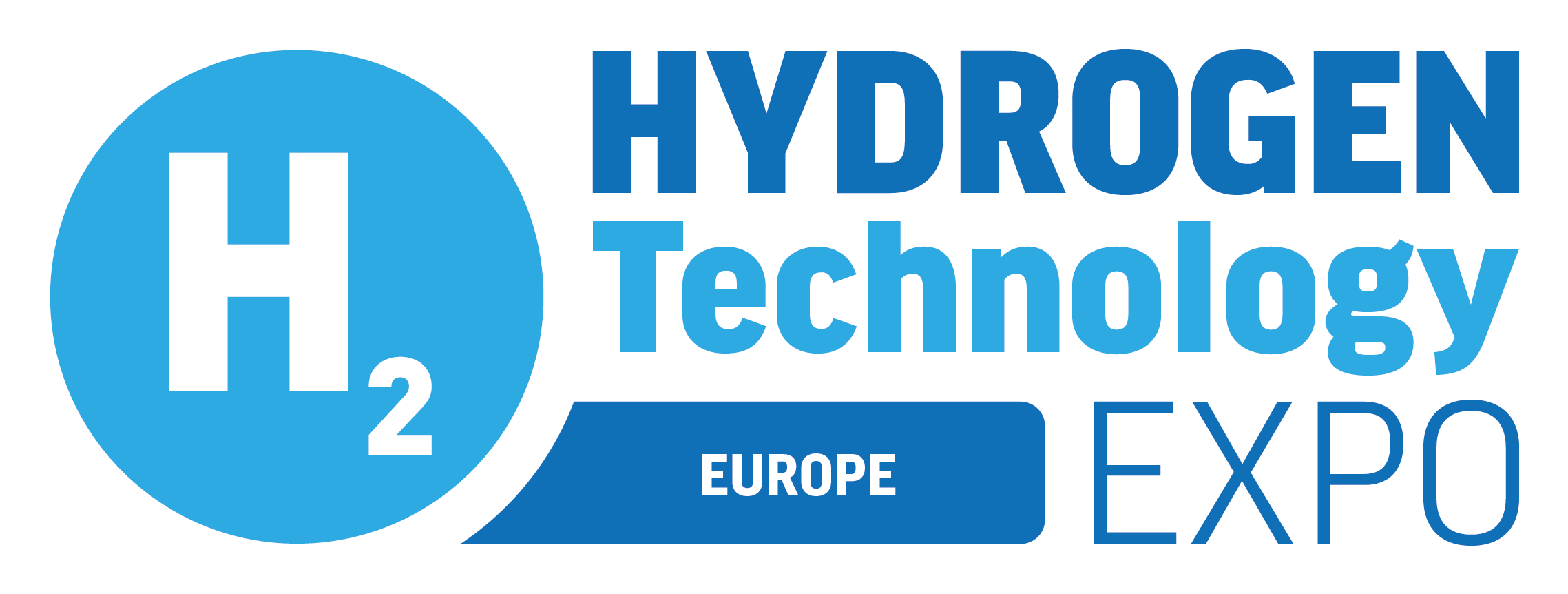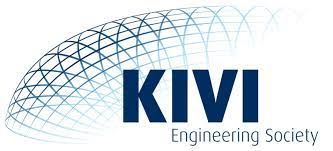Milestone for the green hydrogen economy: Quest One opens new Gigahub
)
Quest One has opened its new Gigahub in Hamburg for the serial and automated production of electrolysis stacks. In the presence of Federal Chancellor Olaf Scholz, Hamburg's First Mayor Dr. Peter Tschentscher, Quest One CEO Robin von Plettenberg and CEO of MAN Energy Solutions Dr. Uwe Lauber, a new phase in the ramp-up of the hydrogen economy kicked off. The series production of stacks will increase the availability of green hydrogen, as they are the technological centerpiece of an electrolyzer that can be used to produce the gas. Among the more than 800 guests at the opening ceremony were Till Mansmann, Commissioner for Green Hydrogen at the Federal Ministry of Education and Research, Michael Kellner, Parliamentary State Secretary at the Federal Ministry of Economics and Climate Protection, Dr. Melanie Leonhard, Hamburg's Senator for Economic Affairs and other high-ranking representatives from politics and business, such as the Chairman of the Supervisory Board of Volkswagen AG, Hans Dieter Pötsch, and the Chairman of the Supervisory Board of MAN Energy Solutions, Gunnar Kilian. With the opening of the new production site, the company, previously known as H-TEC SYSTEMS, changes its name and officially becomes Quest One.
Federal Chancellor Olaf Scholz: “Today, Hamburg-Rahlstedt is sending out a signal. Until now, electrolysers have been made by hand. If the step towards automated production on an industrial scale is successful, the costs and time required for production will fall. Serial production should reduce the production time here in Rahlstedt by 75 percent. This is a real milestone for the rapid hydrogen ramp-up and shows what is possible in our country.”
Dr. Peter Tschentscher, First Mayor of the Free and Hanseatic City of Hamburg: “The availability of green hydrogen is a crucial factor for the energy transition and the competitiveness of the German industry. The opening of the Quest One Gigahub is a milestone in this respect. Hamburg is becoming a leading hydrogen location in Germany. Together with our international energy partners, we are strengthening the Port of Hamburg as an important transshipment point for hydrogen in Europe.”
The hydrogen technology specialist is starting serial and automated production of PEM electrolysis stacks for the production of green hydrogen at the new site. PEM electrolysis, which is based on proton exchange membrane (PEM) technology, is one of the most important processes for industrially scaled hydrogen production from renewable energies. Series production is an important step towards making green hydrogen available in large quantities and thus becoming a reliable alternative to fossil fuels. With the high energy requirements of industry, its climate-neutral conversion is an important area of application. The new production and development site plays a central role in realizing the Quest One mission to avoid one percent of global greenhouse gas emissions by 2050 through the use of its own electrolyzers.
Robin von Plettenberg, CEO of Quest One: “The hydrogen economy is set to transform dramatically in the coming years and decades, reaching volumes we can scarcely imagine today. As a key industry of the future, electrolysis stands at the forefront. So, with Quest One, we are laying the foundations here and now to be at the forefront in the future. With the opening of our Gigahub in Hamburg, one of the most advanced sites for the research, development, and production of electrolysis technology, we are positioning ourselves as a key player in the hydrogen industry. With our mission firmly in site: avoiding one percent of global greenhouse gas emissions by 2050.”
Automated production of PEM stacks using automotive industry standards
When fully expanded, the new Gigahub will enable the automated series production of PEM stacks with a potential total electrolysis capacity of over five gigawatts per year. Stacks are the technological heart of electrolyzers and split water into oxygen and hydrogen with the help of renewable electricity. They therefore play a key role in the ramp-up of the future hydrogen economy. This is why the MAN Energy Solutions subsidiary in Hamburg is also researching new generations of stacks.
Dr. Uwe Lauber, CEO of MAN Energy Solutions: “Today we are giving the go-ahead for the most modern production plant in the hydrogen economy in the whole of Europe. With this plant, MAN Energy Solutions and Quest One are making a substantial contribution to the establishment and industrialization of sustainable future technologies in Germany and Europe. We are thus investing in the future of Germany as a business location and in the energy transition as a task for society as a whole – because there is no alternative. We must not lose sight of this, even in difficult times, and MAN Energy Solutions, as one of the oldest industrial companies in the world, will continue to work towards this goal.”
The highly automated stack production takes place on two production lines: “Titan” with a linear transport system and “Gerd” with swivel-arm robots. The namesakes are two moons of the planet Saturn, which itself consists of around 95% hydrogen. Many work steps that were previously carried out by hand are now automated. This reduces the production time of a stack by around 75% – they can now be produced in Hamburg in less than an hour. Thanks to automated production, the company is also increasing efficiency and precision in manufacturing and optimizing logistics processes, which leads to consistently high product quality and fast delivery times.
The automated stack production is part of the PEP.IN research project and was funded by the H2Giga hydrogen lighthouse project of the Federal Ministry of Education and Research. The goal is to research innovative processes for the competitive and series production of PEM electrolysis stacks and electrolyzers in Germany in order to make green hydrogen affordable and competitive.
Production and development under one roof
The Gigahub was built in just one and a half years on a site measuring over 26,000 square meters in Victoria Park, an industrial estate in the Hamburg district of Rahlstedt on the border with Schleswig-Holstein. The project was realized in a joint venture between Garbe Industrial Real Estate GmbH and the Jebens Group. Sustainability played a central role in the development of the Gigahub. The green roofs, for example, are equipped with a photovoltaic system. Platinum certification from the German Sustainable Building Council (DGNB) is being sought for 2025. The floor space of the new Gigahub is over 12,000 square meters. Initially, around 200 employees will work here in a modern and family-friendly environment in the areas of production, development, testing and service. The site will also serve as a customer and training center.




)
)
)
)
)
)
)
)
)
)
)
)
)
)
)
)
)
)
)
)
)
)
)
)
)
)
)
)
)
)
)
)

)
)
)
)
)
)
)
)
)
)
)
)
)


)
)
)
)
)
)
)
)
)
)
)
)

)

)
)
)
)
)
)

)
)
)
)
)
)
)
)
)
)
)
)
)


)
